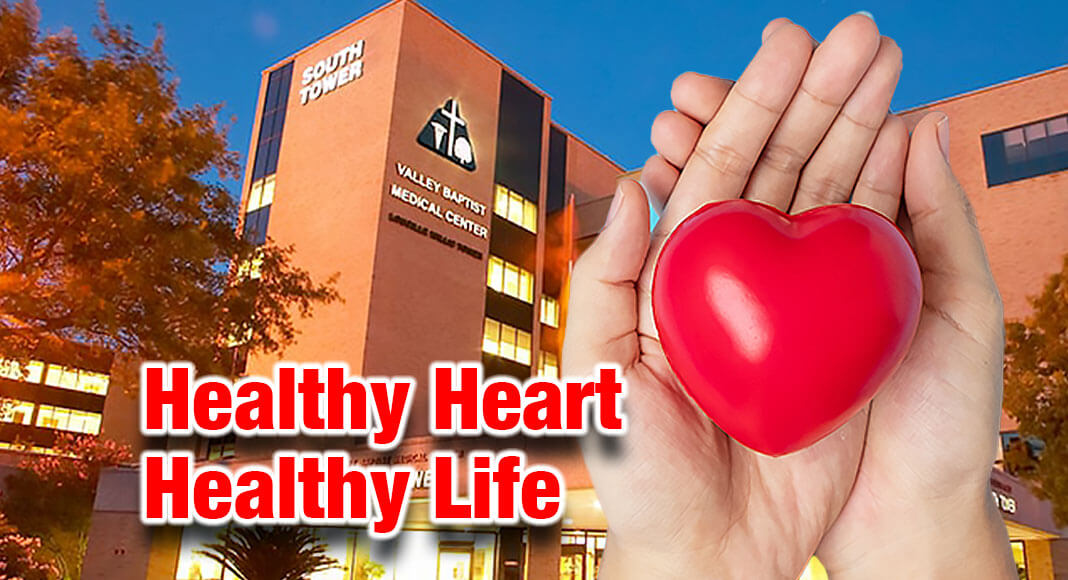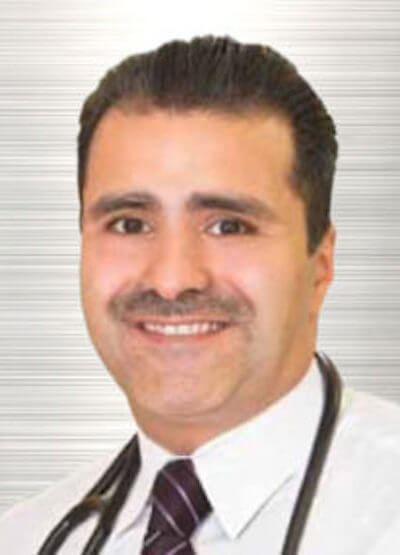
Mega Doctor News
HARLINGEN & BROWNSVILLE, Texas – Valley Baptist Health System – With February serving as American Heart Health Month, there’s no better time for local residents to take control of their cardiac health.
According to information from the American Heart Association, cardiovascular disease remains the leading cause of death in the United States, claiming more lives than all forms of cancer combined.
Those staggering figures, in conjunction with the statistic from the American Heart Association that 72 percent of Americans don’t consider themselves at risk for heart disease, are why educating the community on the importance of heart health is so important, said cardiac experts from Valley Baptist Health System.
“Heart disease can lead to severe disability that can absolutely destroy quality of life for its victims and their loved ones,” said cardiologist Dr. Charles Mild. “Left unchecked, heart disease can lead to a wide array of serious and life-threatening health complications, including heart failure, heart attack, stroke, and death.”
According to Mild, heart disease most often refers to the damage to the heart or blood vessels by a build-up of plaque in the arteries called atherosclerosis. Over time, that plaque can reduce blood flow to the heart or block arteries completely.
That build-up is often caused by poor lifestyle choices, he said.
“Smoking, poor diet, high stress, and lack of exercise are all things that can contribute to heart disease,” he said. “The most tragic thing about these issues is that they are not genetic or hereditary – we are often doing these things to ourselves.”
Two other contributors to cardiovascular disease, obesity and diabetes, are both common in the Rio Grande Valley yet correctible issues, Mild said.
“It is not difficult to take small steps to lose weight and reduce the impact of diabetes,” he said. “Start small – reduce your sugar intake, reduce portion sizes at mealtime, don’t eat late at night and of course eat more fruits and vegetables. If you start today, you can get results very rapidly on the road to living a healthier lifestyle.”
One common misconception regarding heart disease is that it is primarily an issue most associated with older men and that women should not be particularly concerned with heart health. Although research has shown that men are more likely to suffer heart attacks than women, women are more likely to die from heart attacks than men. To complicate matters, women experience different symptoms of heart attack than their male counterparts.
While men most commonly experience chest pain when having a heart attack, women can experience a wide array of symptoms that often overshadow the chest pain experienced by men.
“The issue is complicated by gender and associated illness,” said Valley Baptist Physician Network Cardiologist Dr. Fadi Alfayoumi. “The gender issue, which is a big one, is important because more women die from myocardial infarction than men. One of the issues is that women perceive pain differently. Women may not complain of chest pain as often as men. They do, however, complain of fatigue, shortness of breath, diaphoresis (sweating), and a generalized feeling of unwell.”
According to the American Heart Association, 83 percent of Americans believe that heart attacks are preventable but aren’t motivated to change unhealthy lifestyles associated with heart disease. Additionally, 58 percent of Americans put no effort into improving their heart health.
As the COVID-19 pandemic continues, researchers are still working to determine the full range of impacts the disease can have on the heart. What is clear, however, is that COVID-19 can attack the heart, damaging heart muscle and causing blood clots, Alfayoumi said. Because of those effects, it is important that local residents do not delay cardiac care, whether it’s in response to an emergency or a regular check-up with their cardiologist.
“It is important that, even in the midst of the COVID pandemic, people seek appropriate medical care to address symptoms including chest discomfort, shortness of breath and palpitations that may be indicative of a cardiovascular condition requiring evaluation,” said Alfayoumi. “We cannot allow the virus to cause people to delay needed and appropriate medical care.”










